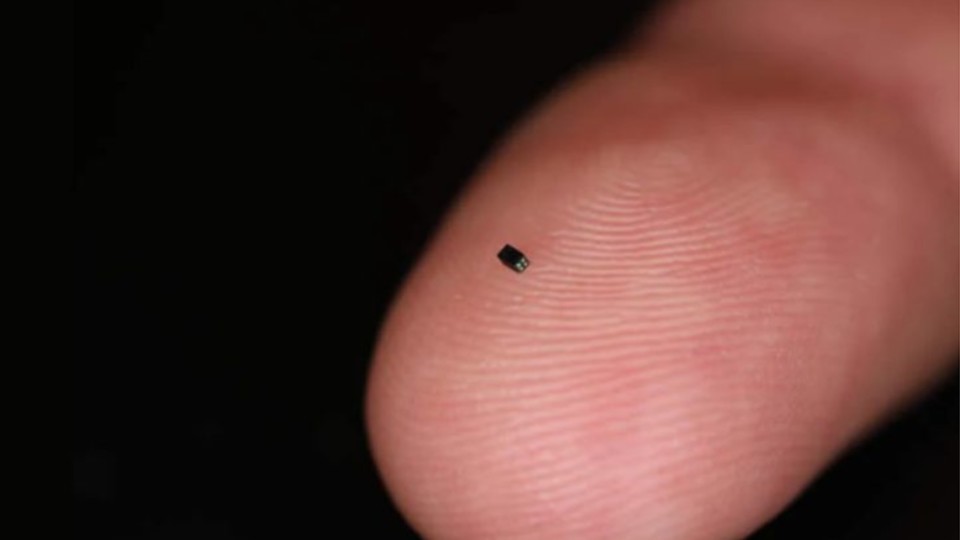Scientists at the University of Sydney, Australia, have developed a new low-cost battery model with an energy storage capacity that is up to 4 times greater compared to lithium-ion cells. In addition to superiority in terms of capacity, production costs are also lower than competing technology.
Conducted by researcher Dr. Shenlong Zhao, the study shows that sodium-sulfur batteries are an economically viable option while providing high performance for storing clean energy from renewable electrical grids, a model that considerably reduces operating costs for companies.
tech
19 Dec
tech
07 Dec
Unlike previous generations of this sodium-sulfur (Na-S) cell, the current version developed by Dr. Zhao promises to have a longer life cycle and superior storage capacity. The substances used to carry out the chemical reaction between a sulfur cathode and a sodium anode can be taken from sea water reducing costs.
“Our sodium battery has the potential to dramatically reduce costs by providing four times more storage capacity. This is a significant advance for renewable energy development that, while lowering long-term costs, has had several financial barriers to entry” , said researcher Dr. Zhao.
Although the focus is on storing high amounts of energy, the sodium-sulfur battery can also be improved to run electronic devices such as cell phones and laptops, for example. This novelty is less toxic than lithium-ion batteries and may be a promising option for the coming years.
“Storage solutions that are manufactured using abundant resources like sodium – which can be processed from seawater – also have the potential to ensure greater energy security more broadly and allow more countries to join the shift towards decarbonization”, completes the researcher.
see also

